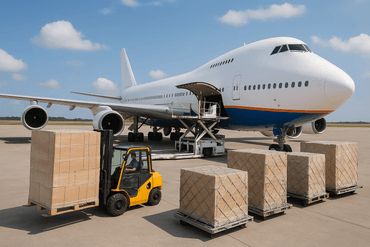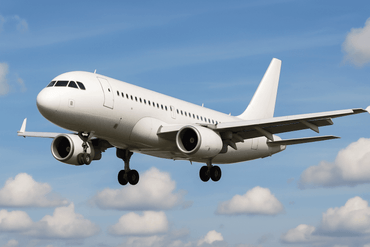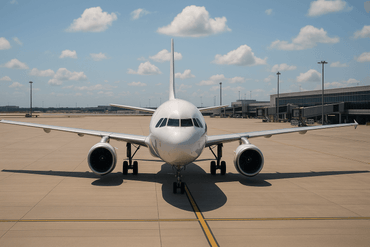
What Are New Zealand’s Main Exports and Imports?



New Zealand has forged long lasting import/export relationships with several countries globally. However, her main trade partners are China, which takes 20% of her exports, Australia taking 18%, the European Union taking 12%, the United States which takes 11% and Japan taking 6%. The country’s economy is built on very well developed free market trade and is the 53rd largest economy worldwide.
Although her trade and economic interests are closely aligned with those of Australia because of the Closer Economic Relations agreement between the two countries signed in 1983, the GDP of New Zealand is considered large for its population and land size. This means that New Zealanders enjoy higher incomes and better quality of life to a large degree.
New Zealand’s major imports and exports that contribute to its high GDP include:
Imports
Cars
New Zealand doesn’t assemble passenger cars any longer because tariff protection was removed and it became cheaper to import cars already assembled. In the mid 1980s car assembly was a massive industry in the country with an assembly rate of almost 100,000 cars annually. But when the nation began to restructure its economy, restrictions were removed and people could import used cars from Japan.
The importation of cars at the time allowed the population to own a decent car despite the financial strain on the economy. But even after stabilization this importation continued to thrive in large numbers. Ford, Mazda, Honda and Toyota are some of the brands that still dominate the new vehicle market in New Zealand but they are not volume sellers. And even these new cars are sourced from markets like Japan, Australia, Thailand, United States and the United Kingdom, shipped from overseas and distributed by freight transportation companies in New Zealand.
Crudeo petroleum
New Zealand is a huge consumer of crude oil and because its self sufficiency in oil production is only 17% of what they need, they have to import 97% the commodity. Oil is a major component to the running of the New Zealand economy and although the country has some oil reserves, their production has been dwindling over the years. They import oil from Malaysia, Australia, Korea and Papua New Guinea, Saudi Arabia, Iraq, Nigeria, Russia and Indonesia.
Once the crude oil is imported New Zealand can refine it and process enough oil to cover the needs of the majority of the country’s domestic demand.
Refined oil products
All petroleum products make up the largest percentage of New Zealand’s imports and this included refined petroleum products. The nation imports refined oil from Japan, Australia, the United States, Germany and China. The Marsden point crude oil refinery in New Zealand produces 70% refined oil from the crude oil the country imports. The 30% deficit is imported and some of their major refined oil product imports include aviation lubricants and gasoline.
Mechanical machinery and equipment
New Zealand’s imports of mechanical equipment and machinery in 2019 increased by 9.7%. The country’s main supplier of these equipment is the United States, EU and Australia. Although traditionally Japan would provide a huge percentage of these import products this year there was a decline from that market.
New Zealand’s main machine and equipment imports include vehicles, mechanical appliances, nuclear reactors, boilers, electrical equipment and aircraft and components. In fact, vehicle and mechanical machinery imports make up New Zealand’s two highest importation expenses.
Exports
Bovine meat
The export revenue for bovine and sheep meat from New Zealand reached a record $4 billion in 2019. The Chinese demand for these products has seen New Zealand experience a high demand for one of their leading export products. New Zealand meat has been in demand for decades because of the best practices implemented during the rearing of the cattle.
They are kept in a clean environment, well fed with regular scheduled vet visits and the industry has a welfare code that applies to these animals. The Meat Industry Association of New Zealand ensures that the farmers adhere to such codes to guarantee the market the best meat in the market. The red meat industry in New Zealand is created by 14,000 commercial cattle, sheep and deer farms collaborating and partnering with major companies to produce red meat.
Aluminium
Annually, New Zealand’s exports of aluminium are registered at $23 million to the United States alone. Although the country hasn’t made the top list of aluminium exporting countries globally it comes just short with over $500 million worth of aluminium exports annually, worldwide.
The main destination for New Zealand’s aluminium is Japan which receives 60% of the export shipments annually. And now that New Zealand has received the go ahead to pursue the creation of technology that’ll make New Zealand a world leader in low carbon aluminium, these exports are facing a bright future.
Wool
Wool has always been the traditional export commodity of New Zealand. In 1989 the wool export value peaked for New Zealand wool reaching $1.8 billion up from 70 million in the early 80s. Despite the dip in sales in the 1990s there has been a rebirth for the exportation of New Zealand wool as technology and scientific advances make it a sustainable industry again. The country has exported over 100,000 tonnes of wool in 2019 so far.
Related Articles


